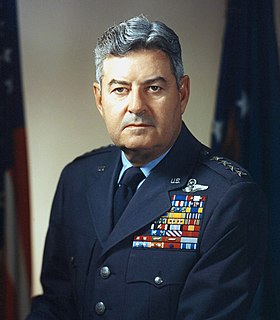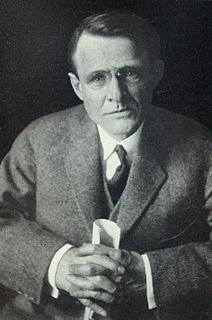A Quote by Seth Gabel
War films usually so dark or dirty or intense, and sometimes they guide you to feeling a certain way against war, in general. But, to have a film that just speaks honestly to the soldier's experience and isn't jaded and is just authentic and easygoing in its message, I think is really nice to see.
Related Quotes
I think the biggest challenge was being aware of a certain audience that was going to see this film [lone survivor]. There's a big difference from a typical movie, journalists and critics and film goers that go see it find that, that's the general experience you have as a filmmaker. So that just kind of proves my point that there's a really different audience.
A war film can be propaganda and they're very valuable as propaganda, as we realized in Britain in the Second World War. Film as propaganda is a very valuable tool. It can also demonize, which is the dangerous side of a war film as propaganda. But there are war films that are not propaganda. It's just saying 'This is what it's like.' For 99 percent of us we don't know what it's like. We have no idea. So to reveal that to the audience is powerful.
We sit at our consoles and play "Gears of War", but we don't see images from war. We don't turn on the news and see the evidence of war, the result of war. Maybe twice a year, Memorial Day, Veterans Day, we'll go out, we'll hang our flags, we'll try to inculcate in our children some sense of national honor for the fallen. But really, we don't see it. We just don't see the pictures. There's no drive-by on the freeway of death up close. So we don't really see bravery.
All I've learned is that you need the studio system sometimes, if your budget is a certain size, and other films you can do independently. When I think of a studio, I generally think of distribution. Since I'm a director, I have a similar creative experience on every film I do, because I can control that. But then it's a different film, I think, as it reaches the public, depending on the way it's marketed. I don't know. I haven't learned much of anything. Sometimes you need them, sometimes you don't. Sometimes they want you, most of the time they don't.
A great many of the epic fantasies, from The Lord of the Rings onward, are about war, but to my mind, a lot of it doesn't really deal honestly with the consequences of war, what war does to us, as a society, what war does to us, as individuals, and the struggle for power, in the same way, and what we're fighting for.
In the days of peace every precaution should be taken to insure that there are no forces making for war. Just as we now forbid the trafficking in certain drugs, in the sale of poisons, just as we forbid the making of any imprint that suggests a coin or currency, just as experience has demonstrated that men may not make profit out of certain things because of the danger of abuse, so in the gravest of all dangers laws should be passed taking from those who might gain from war or preparations for war every hope that advantage could come to them by such a calamity.
I think auditions are set up for failure because they're not really the set experience. There's no time to develop the character. You're just looking at someone... if someone's really good in an audition, sometimes they're not good in the film. It's something you learn when you're doing short films. It's the same way that some people do well at taking tests and some people don't. But when you're on a long-term filmmaking process it's a completely different feeling.
In researching this volume, I interviewed veterans who had been at the front during World War II. I read countless books, examined film footage, and listened to many detailed and intense stories firsthand, but the one comment that affected me the most came from a former soldier who lowered his gaze to the tabletop and said, ‘I never watch war movies.
There are a lot of war memorials around the UK. It's usually a part of the war memorials. I loved the way The Glorious Dead sounded. It's kind of a strange thing to say. There's nothing particularly glorious about being dead. It sounded like a strange, horror film. It just grew from there, really. It seemed quite apt for the record. We're kind of obsessed with zombie movies and horror films. It seemed like it just fit, at the time.



































